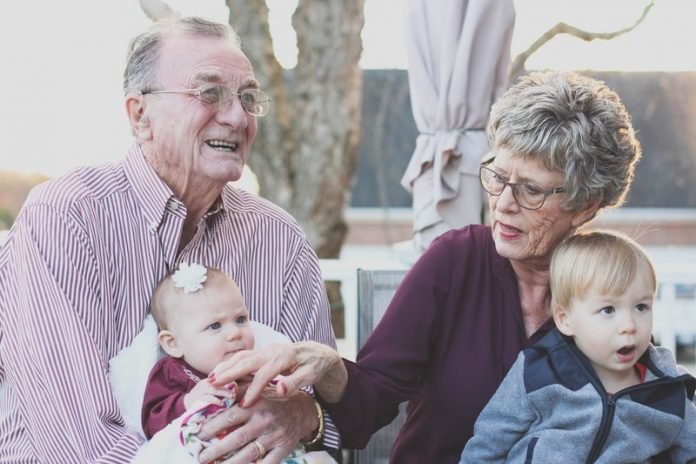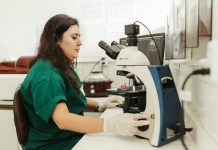
In a new study from the University at Buffalo and the University of Utah, researchers found having second- or third-degree relatives with colorectal cancer increases a person’s risk of developing the disease.
They found that first-degree relatives of someone diagnosed with early-onset colorectal cancer are 6 times more likely to be diagnosed with colorectal cancer before age 50, while second-degree relatives are 3 times likelier and third-degree relatives 1.56 times likelier.
Early colonoscopy screening is often recommended for first-degree relatives of someone diagnosed with early-onset—meaning before age 50—colorectal cancer, cases of which have been increasing significantly over the past few decades.
But this new study suggests that early screening may be beneficial for second-and third-degree relatives as well.
First-degree relatives include parents, children and siblings. Second-degree relatives include aunts, uncles, grandparents, grandchildren, nieces and nephews. First cousins, great-grandparents and great-grandchildren are examples of third-degree relatives.
In the study, the team reviewed more than 1,500 early-onset colon cancer cases in the Utah Cancer Registry, part of the Utah Population Data Base.
They also found that individuals are at a 2.6-fold higher risk of colorectal cancer at any age if they have a first-degree relative with early-onset colon cancer.
The risk is 1.96 and 1.3 times greater for second-and third-degree relatives, respectively. In addition, the risk for all degrees of relatives for early-onset colon cancer is higher than the risk for colon cancer at any age.
The study provides new insight into the magnitude of risk for more distant relatives of colorectal cancer cases, and in particular, for relatives of cases who were diagnosed before age 50.
The findings suggest that early colonoscopy screening may be beneficial for second-degree relatives and possibly third-degree relatives, in addition to first-degree relatives of individuals diagnosed with colorectal cancer before age 50.
If you care about colon cancer, please read studies about a new way to diagnose colon cancer and findings of aspirin may stop colon cancer growth and recurrence.
For more information about colon cancer and your health, please see recent studies about these gut bacteria may increase colon cancer risk and results showing that these two prebiotics may help treat skin cancer, colon cancer.
The study is published in the journal Cancer Epidemiology. One author of the study is Lisa Cannon-Albright, Ph.D.
Copyright © 2021 Knowridge Science Report. All rights reserved.



